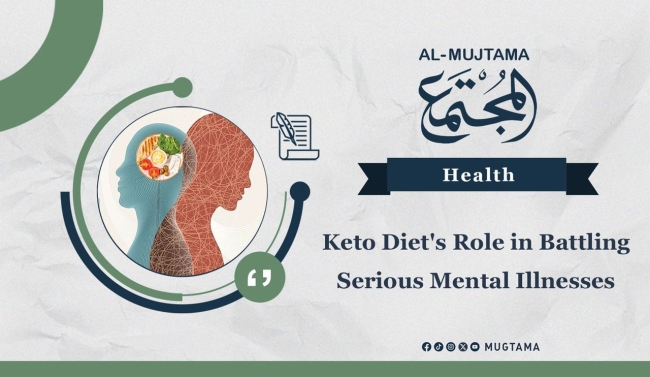May 04, 2025
A recent study conducted by researchers at Stanford University School of Medicine has revealed potential benefits of the ketogenic diet in alleviating symptoms of serious mental illnesses such as schizophrenia and bipolar disorder.
The study:
- Included 23 patients with schizophrenia or bipolar disorder.
- Participants were instructed to follow a diet consisting of 10% carbohydrates, 30% protein, and 60% fat.
- After 4 months, 79% of participants showed significant improvement in psychiatric symptoms.
Fixing metabolic issues:
- Researchers believe that the diet may improve psychiatric symptoms by correcting metabolic issues associated with medications used to treat mental illnesses.
Notes:
- The study needs further research to determine the long-term effects of the diet on patients with schizophrenia and bipolar disorder.
- Researchers emphasize that starting the keto diet should be under medical supervision.
Ketogenic Diet:
- The ketogenic diet relies on high fat and low carbohydrate intake.
- The body burns fat for energy instead of glucose, resulting in “ketones.”
- The diet may cause some side effects, such as headaches, fatigue, and constipation.
Conclusion:
- The ketogenic diet is considered a promising option for treating mental illnesses, but it is not suitable for everyone and requires careful medical monitoring.
-------------------------------------------------------------


